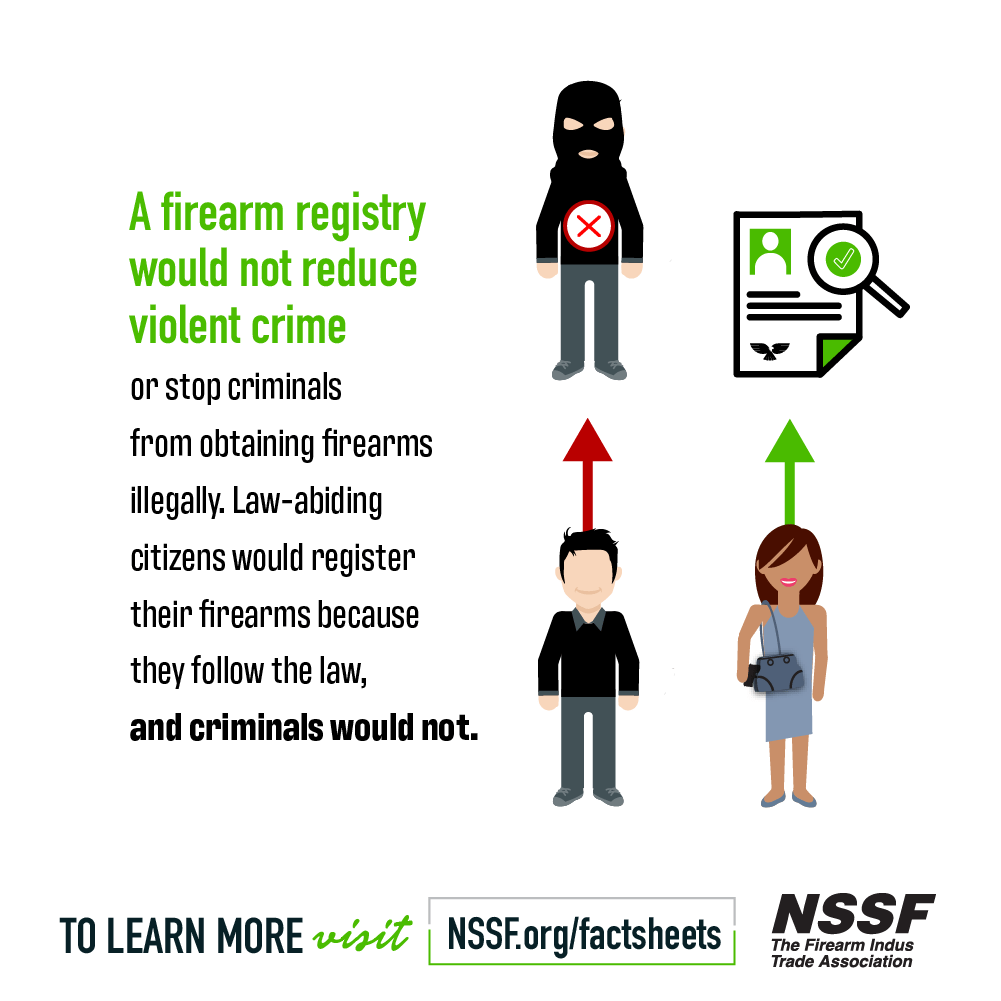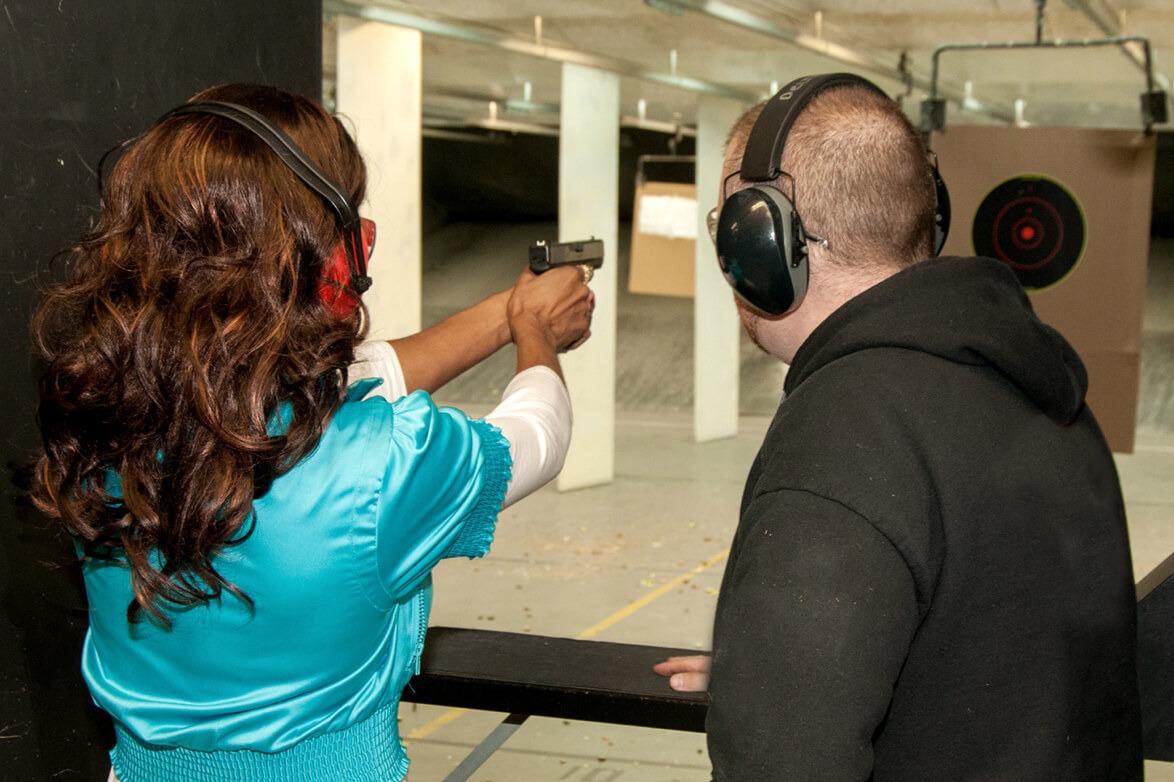 Back to News
Back to News
April 21, 2021
A Firearm Registry Would Not Reduce Violent Crime
The problem is that even with a firearm registry, it would not stop criminals, nor reduce violent crime. Law-abiding citizens would register their firearms because they follow the law, and criminals would make sure to keep their guns off the list. According to the latest Bureau of Justice Statistics (BJS) Survey of Prison Inmates, an estimated 287,400 prisoners possessed a firearm during their offense of which they are serving time. Of that population, “Seven percent had purchased it under their own name from a licensed firearm retailer.”1 Almost 80 percent of inmates acquired their firearms from nefarious sources.
No Effect on Criminals
 The survey also found that over 80 percent of the state and federal inmates may have been prohibited from buying a firearm under federal law. Considering these figures, it is no surprise that criminals do not seek to purchase firearms from licensed retailers. In fact, this is confirmed by an extremely low NICS denial rate. In 2019, the FBI’s NICS system denied 103,592 firearm transfers, a denial rate of only 0.37 percent of the over 28 million NICS Firearm Background Checks.
The survey also found that over 80 percent of the state and federal inmates may have been prohibited from buying a firearm under federal law. Considering these figures, it is no surprise that criminals do not seek to purchase firearms from licensed retailers. In fact, this is confirmed by an extremely low NICS denial rate. In 2019, the FBI’s NICS system denied 103,592 firearm transfers, a denial rate of only 0.37 percent of the over 28 million NICS Firearm Background Checks.
If universal background checks were mandated, the question becomes whether criminals would change their behavior and instead choose to obtain firearms from FFLs that require a background check. The Centers for Disease Control and Prevention review of the effectiveness of various firearm laws published in 2003, found no evidence this would happen. More recently, a 2013 Justice Department review of violence prevention studies found that even a “perfect universal background check system” would not address the largest sources of crime guns.2 Further, the study found that effectiveness would depend on “requiring gun registration”.
Additionally, evidence that a universal background check law would fail to limit access to firearms among prohibited populations can be found in an analysis of the implementation of the Brady Act. According to a 2000 study, there was “no evidence that implementation of the Brady Act was associated with a reduction in homicide rates.”
Learn more about the problems with so-called Universal Background Checks.
1https://www.bjs.gov/content/pub/pdf/suficspi16.pdf
2Greg Ridgeway, Ph.D., “Summary of Select Firearm Violence Prevention Strategies,” National Institute of Justice, Jan. 4, 2013
Find More Sharable Resources at: nssf.org/share-center
Categories: BP Item, Featured, Government Relations, Top Stories








